Speech for Anyone’s Child fringe meeting at Conservatives Party Conference 2016
My name is Rose Humphries. I am a mother of two much-loved sons who both died from heroin. I want to tell you why I’m calling for legal regulation of drugs, through my sons’ stories. For half a century our laws have not succeeded in stopping people using drugs. If people will use them anyway, let’s at least make them safer. One of those people might be your son or daughter, whether you know it or not.
It’s in the nature of teenagers to take risks, to ignore parental advice. They make mistakes. It’s part of growing up. They’re quite likely to try drugs.
As teenagers, my two youngest boys, Jake and Roland, were trying drugs. We couldn’t imagine they were doing such a thing. It had no place in our respectable world. But we did have conversations with them about drugs, telling them to just say No. They’d reply that people who took drugs were stupid. We thought, while struggling with their behaviour, that we’d got two very rebellious teenagers who’d grow out of it.
When young people see drugs making others feel good without ill effects, they tend to disbelieve dire warnings meant to scare them. For the majority of users, drugs don’t become problematical. Drugs information must be truthful.
For Jake and Roland in the early 1990s, cannabis, amphetamines and magic mushrooms were readily available – despite their supply being illegal. Their friends were doing these drugs too, even though possessing them was illegal. Most of their friends did not go on to become heroin addicts. But my boys did. They’d never intended this outcome, but it could happen to anyone’s child regardless of upbringing.
Criminalisation blights young people’s lives.
Jake was arrested for possession of cannabis. Our local paper reported it, naming our quiet little street and making me feel humiliated. He later said that newspaper report seemed to label him and push him along the path of being a druggie. Having a fine to pay was not helpful, and the criminal record did nothing to help him in applying for jobs.
Organised crime controlling the drug trade puts users in danger. It would be different if drugs were legally regulated.
My sons began with softer drugs. In the supply chains of illicit drugs it is in the interests of those further up to encourage their customers to buy more or try different ones. So I believe my sons were persuaded to try harder drugs. Then they got into debt with people who supplied them. Jake told me of coming home by circuitous routes, and hiding or running from people who were after him. I was frightened by one of his acquaintances arriving at my house when Jake was away. He said Jake owed him money. When I told him Jake was away he asked me for it. I refused. He then said someone might come round and break my windows. So I handed over the money even though I wanted to call the police. I was too afraid of alerting them to Jake’s drug use and him getting in more trouble with the law. It was awful being put in this situation.
When someone decides to get off drugs, that’s when they need help, not several weeks later.
Roland, our youngest, shy, gentle son, died twelve years ago aged 23. We’d had the joy of seeing him give up heroin for a while previously. But then he and his girlfriend split up and he returned to it to deal with his heartbreak. He wanted to be drug-free again, make up for wasted years, and go to college. So Roland was put on a waiting list for a methadone programme. After several weeks and still waiting, while he was trying to reduce his use, a friend phoned him. That call tempted him round to the friend’s house. We didn’t know we’d never see him alive again. He died there, from a combination of heroin and alcohol.
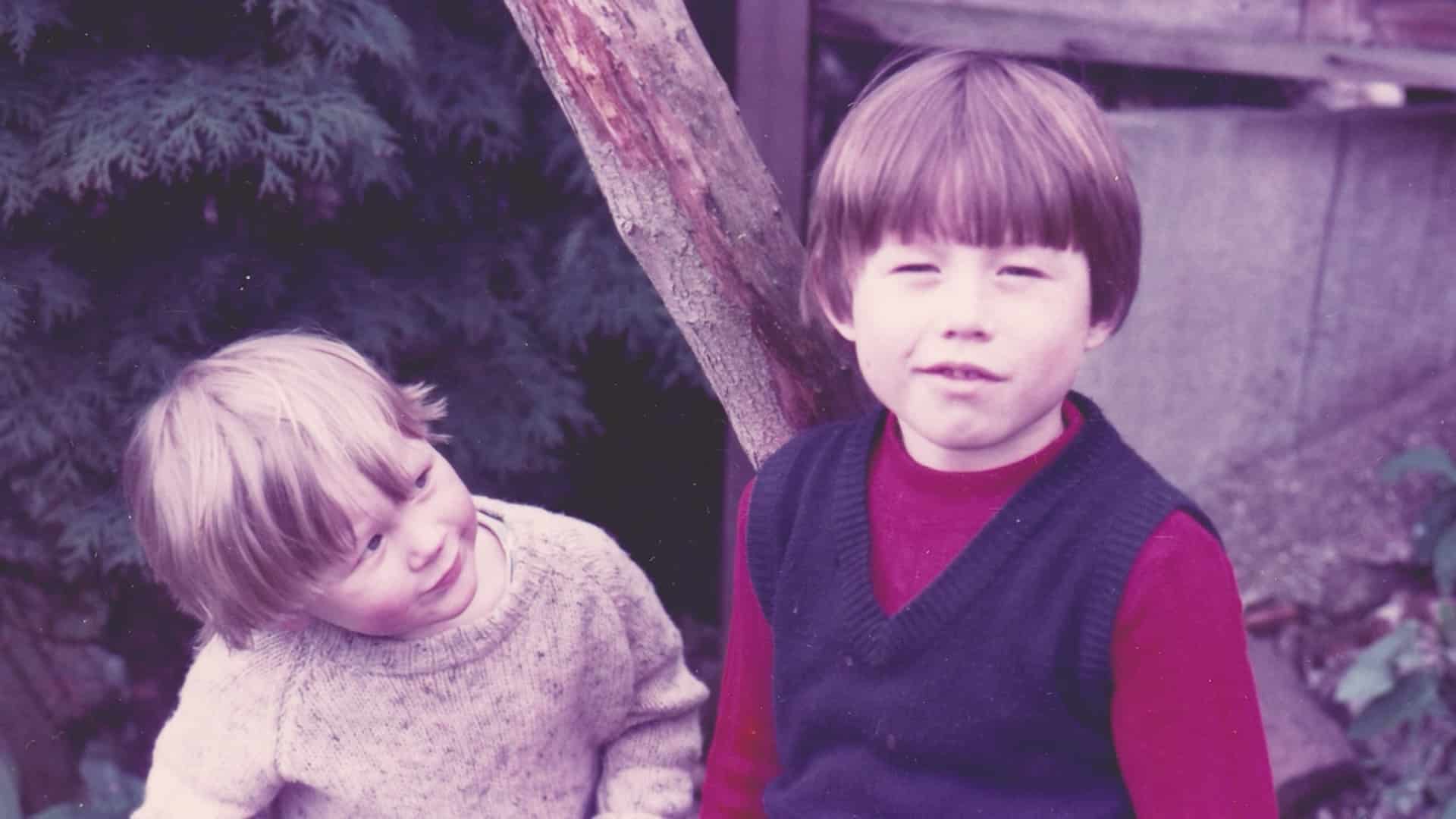
Fear of the police causes needless deaths from overdose.
The people Roland was with delayed calling 999 when they saw him slumped in the bathroom. We suspect that fear of the law caused this delay.
Drug deaths don’t necessarily deter others.
Jake had eventually got to university and was away when Roland died. He was devastated. He dropped out of his course and coped with his distress by using drugs more than ever.
If an addict in recovery relapses, it’s better that he should get his drug from a safe source than a dangerous one.
Eventually, after rehab, Jake had almost seven years drug-free. We were proud of him studying again and being such an amazing personality. He was well on his way to qualify as an art psychotherapist, and in a loving relationship with his partner and adored baby son. But in 2013 he relapsed then recovered. The year after, about to complete a Masters degree among doing too many other things, he relapsed again. I think it was because he put himself under too much pressure. We found out and he was ashamed and promised to stop. Stopping is not so easy. We were to lose a second son. Aged 37 with a bright future, he died alone from heroin overdose. I wish he could have gone to an easily accessible clinic for safe prescribed heroin, with counselling and help to gradually recover. Instead he felt his only option was street heroin of unknown purity and strength.
When my grandchildren are older, I’d prefer them not to use drugs. But, if they do, I want it to be without going to unsafe environments, without risking a criminal record or worse, without their families feeling fear and shame, and with truthful drugs education and by choosing safely produced and labelled products from regulated outlets.
That’s why I joined Anyone’s Child. The increasing number of families in our group know the misery caused by our drug laws. In the UK there are now more than fifty drug deaths per week – the highest number since records began in the early 1990s. If our drug laws are intended to keep people safe, this shows they don’t work.
I hope we can influence policy to prevent other parents having to hear the worst news any parent can hear, the thing most parents don’t even want to think about, the tears, and the grief of having to arrange their child’s funeral. That’s why I want legal regulation of drugs.


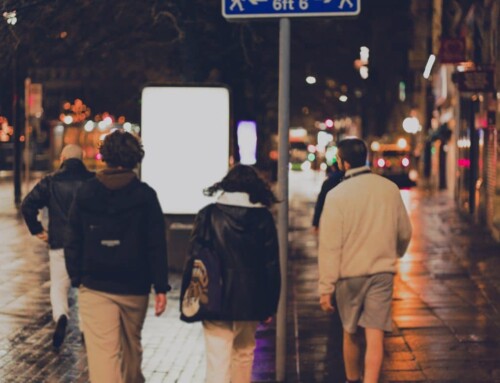
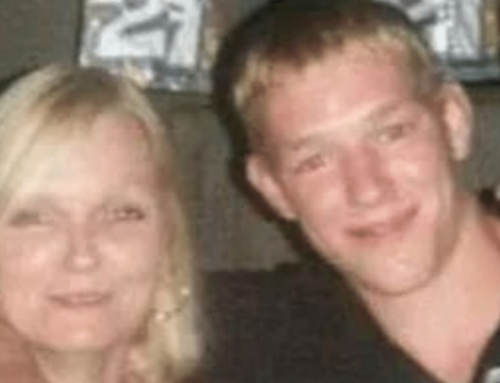
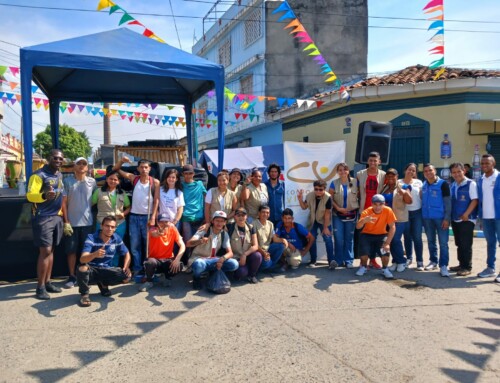
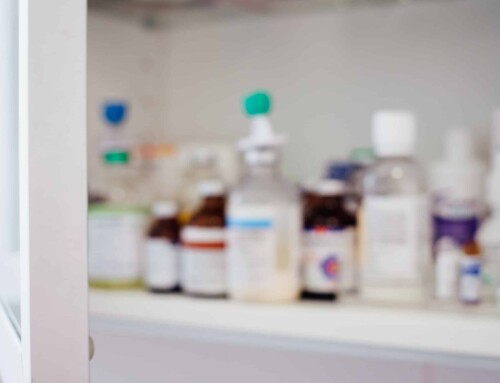
Leave A Comment